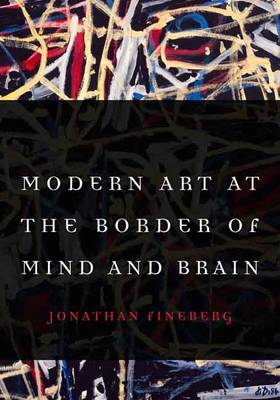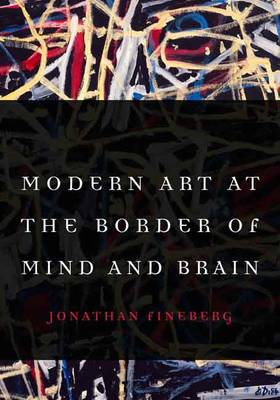
- Retrait gratuit dans votre magasin Club
- 7.000.000 titres dans notre catalogue
- Payer en toute sécurité
- Toujours un magasin près de chez vous
- Retrait gratuit dans votre magasin Club
- 7.000.0000 titres dans notre catalogue
- Payer en toute sécurité
- Toujours un magasin près de chez vous
Description
Human beings have made images continuously for more than thirty thousand years. The oldest known cave paintings are between six and ten times older than the first forms of written language. Images help us organize our thoughts and represent them in our memory. We make images, Jonathan Fineberg argues, because we need them to aid not only in structuring our social and psychological self-conceptions but also in developing the circuitry of our brains.
Modern Art at the Border of Mind and Brain is a broad investigation by one of the foremost scholars of modern art of the relationship between modern art and the structure of the mind and brain. Based on Fineberg's Presidential Lectures at the University of Nebraska, his book examines the relationship between artistic production, neuroscience, and the way we make meaning in form. Drawing on the art of Robert Motherwell, Joan Miró, Alexander Calder, Christo, Jean Dubuffet, and others, Fineberg helps us understand the visual unconscious, the limits of language, and the political impact of art. Throughout, he works from the conviction that looking is a form of thinking that has a profound impact on the structure of the mind.
Spécifications
Parties prenantes
- Auteur(s) :
- Editeur:
Contenu
- Nombre de pages :
- 216
- Langue:
- Anglais
Caractéristiques
- EAN:
- 9780803249738
- Date de parution :
- 01-08-15
- Format:
- Livre relié
- Format numérique:
- Genaaid
- Dimensions :
- 183 mm x 261 mm
- Poids :
- 907 g

Les avis
Nous publions uniquement les avis qui respectent les conditions requises. Consultez nos conditions pour les avis.






